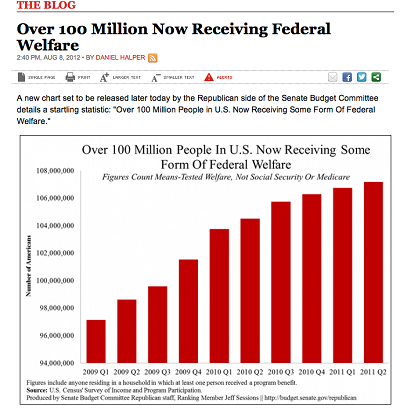Listening to the last podcast, I thought it was interesting how Professor Bezio kept talking about our “risky” decision in choosing a leadership major or minor. It really makes me think about how stuck we can get in society’s expectations/thoughts of what is safe and risky or what is useful and what is useless when it comes to higher education. I always knew that I wanted to go to University and I always thought that I was going to major in business as it just seemed like what is practical and I could use anywhere (an idea that was further pushed by my parents). I am still a business major, but after choosing to attend Richmond I also decided to add a leadership studies major at first thinking that its greatest advantage would be making me stick out compared to other business majors when applying for jobs.
It is so easy to get stuck on the idea of what is ‘normal’ – the normal at my high school was for everyone to college. A normal major is one that is practical – English majors are deemed useless by so many for some reason. I think that’s what makes Jepson so appealing for so many people is that although it is not ‘normal’, there is no doubt that leadership is connected to everything we do and you truly do begin to realize its importance as soon as you start taking classes in Jepson.

